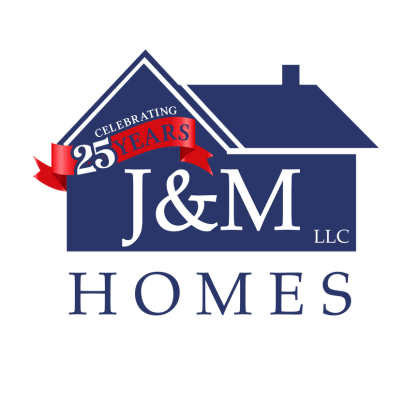Manufactured homes have become more popular, specifically with the soaring cost of traditionally built properties.
The current models of manufactured homes even have more space than a number of traditional homes. They are the best purchase for first time home buyers or those wanting to downsize.
Before you get started looking into the prospect of buying a manufactured home, it is critical to understand the definition: exactly what does the term manufactured home mean?
In a nutshell, a manufactured home is one that is put together predominantly in a factory. After it is completed, the home is transported to the building site on a steel chassis. While it’s possible to remove the wheels, the chassis still remains in place.
Manufactured homes come in several distinctive sizes and shapes. While most people are more accustomed with the one story “mobile home,” there are other floor plans that are very big and complex thus making it difficult for anyone to ascertain the home was constructed in a factory setting.
Classically built homes have to stick to strict building codes but most local codes don’t refer to manufactured homes. Alternatively, manufactured homes must follow special guidelines such as Federal HUD regulations that are fashioned specifically for manufactured housing. However, there are many communities which outlaw the placement of manufactured homes in them.
There are other varieties of factory-built homes other than manufactured housing. A few of the other homes that are made in the factory include modular homes, penalized homes, mobile homes, pre-cut homes and other kinds of prefab homes.
As already noted in the paragraph above, factory-built residences usually have a smaller price tag than homes that are constructed on the site where it will be put. Even though the low cost of a manufactured home is quite pleasing to buyers, another advantage is they are totally customizable.
Many individuals have developed the habit of carrying their manufactured homes with them when they move, especially those who are moving forward from a manufactured home park to a piece of land they have.
While they will need to pay transportation costs to move their manufactured home to an alternative location, it is likely to be more affordable than it can be to incur the costs of selling the manufactured home and purchasing a traditionally built home on the plot of land.

